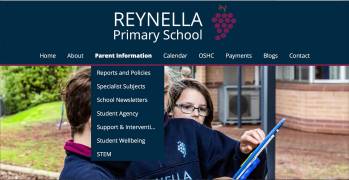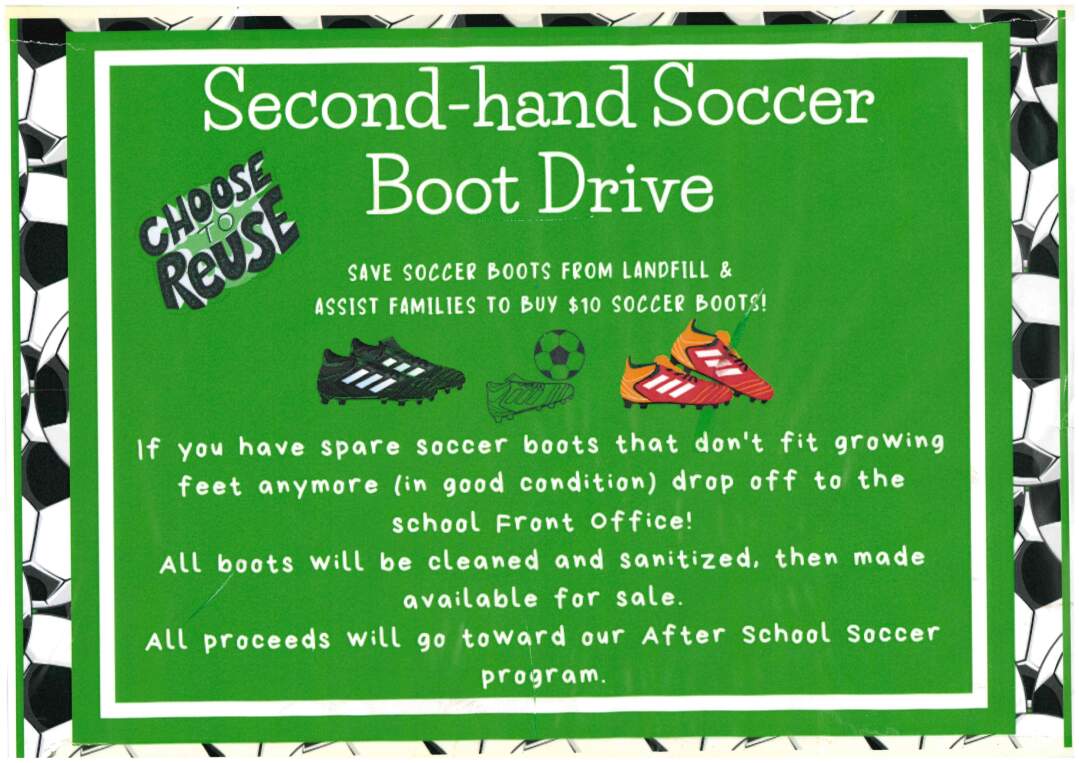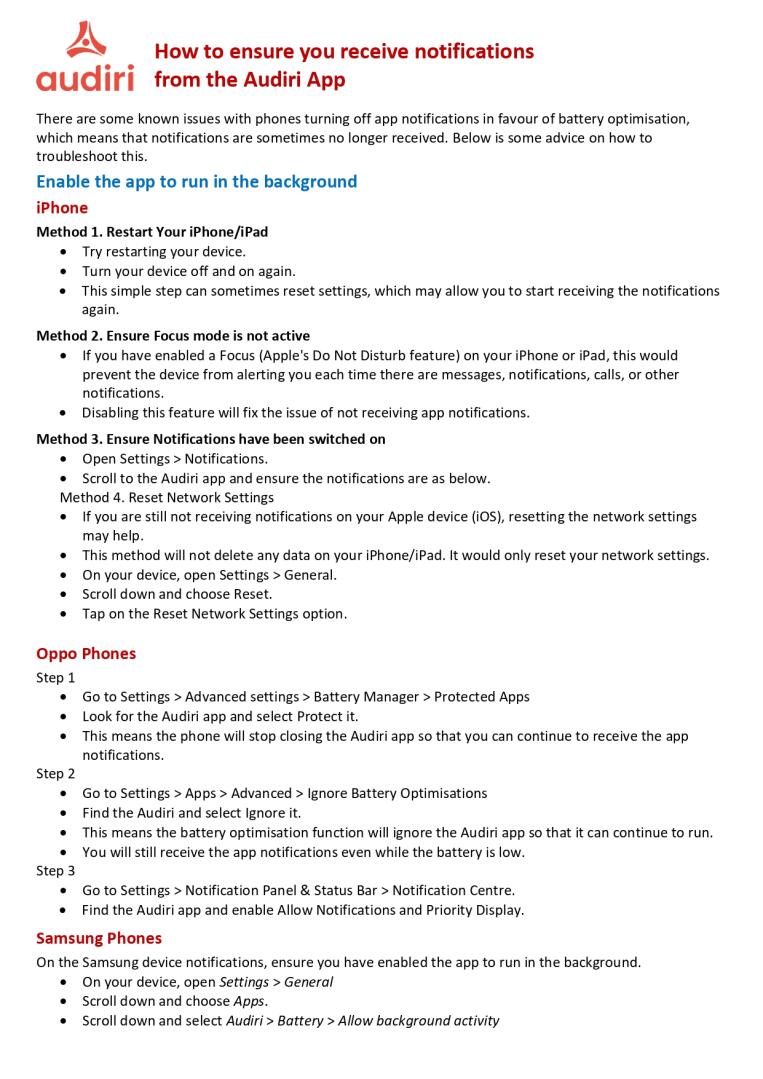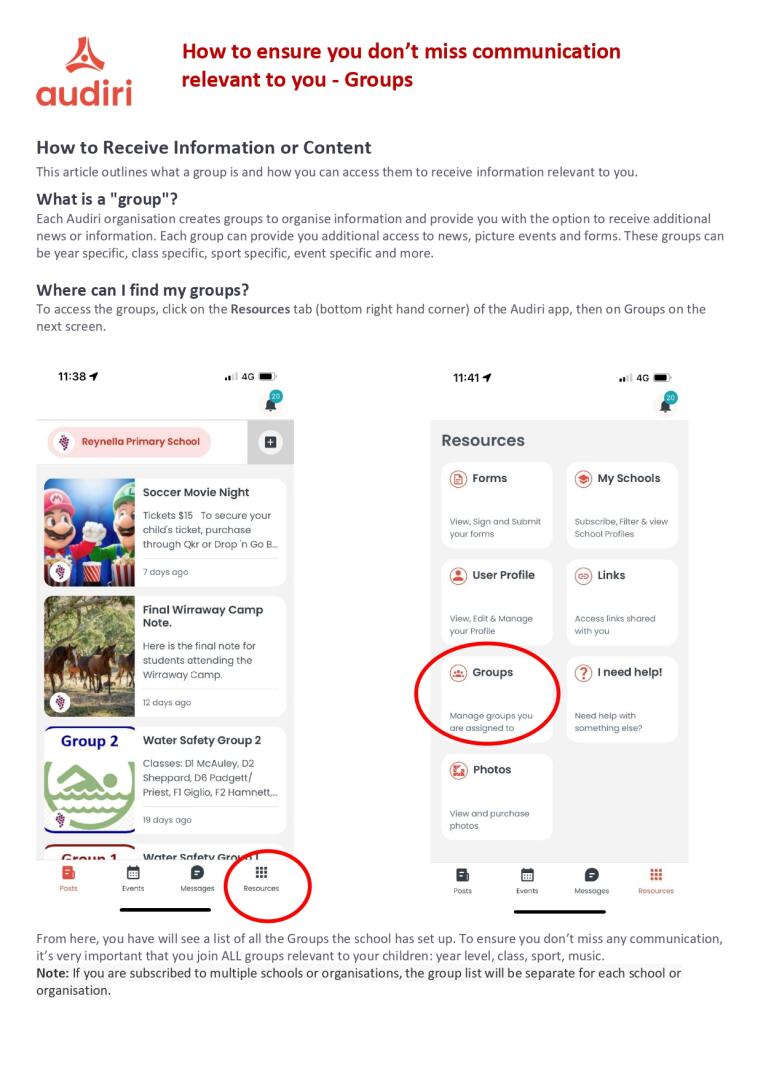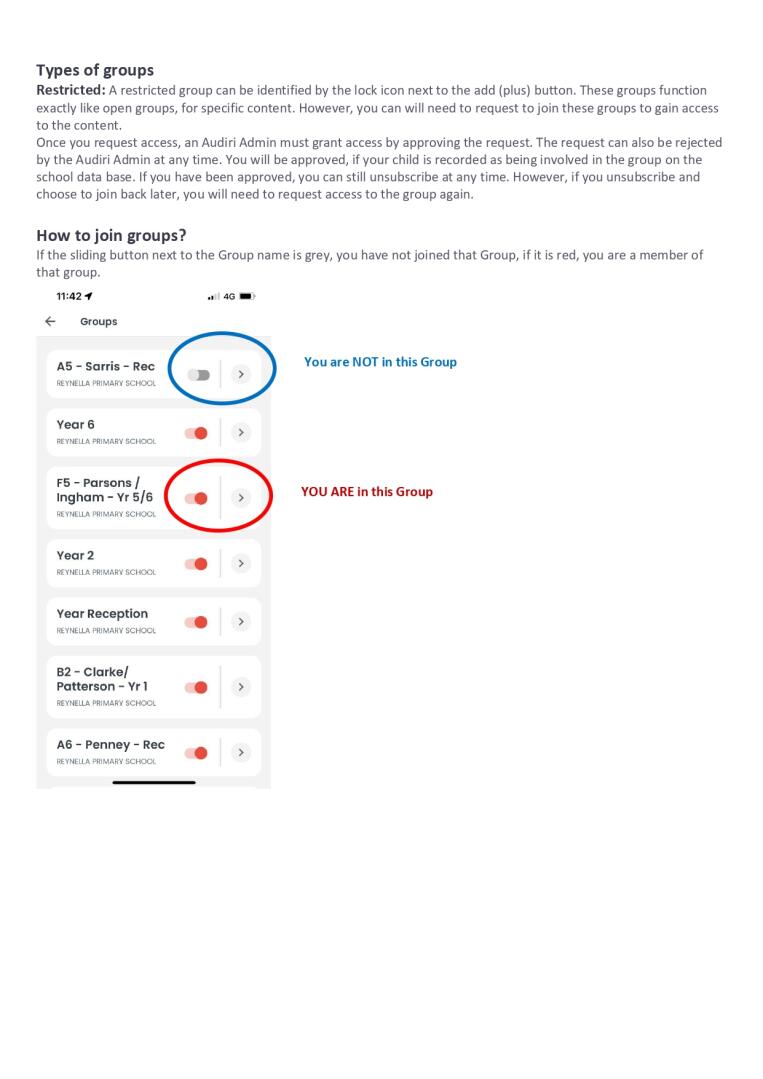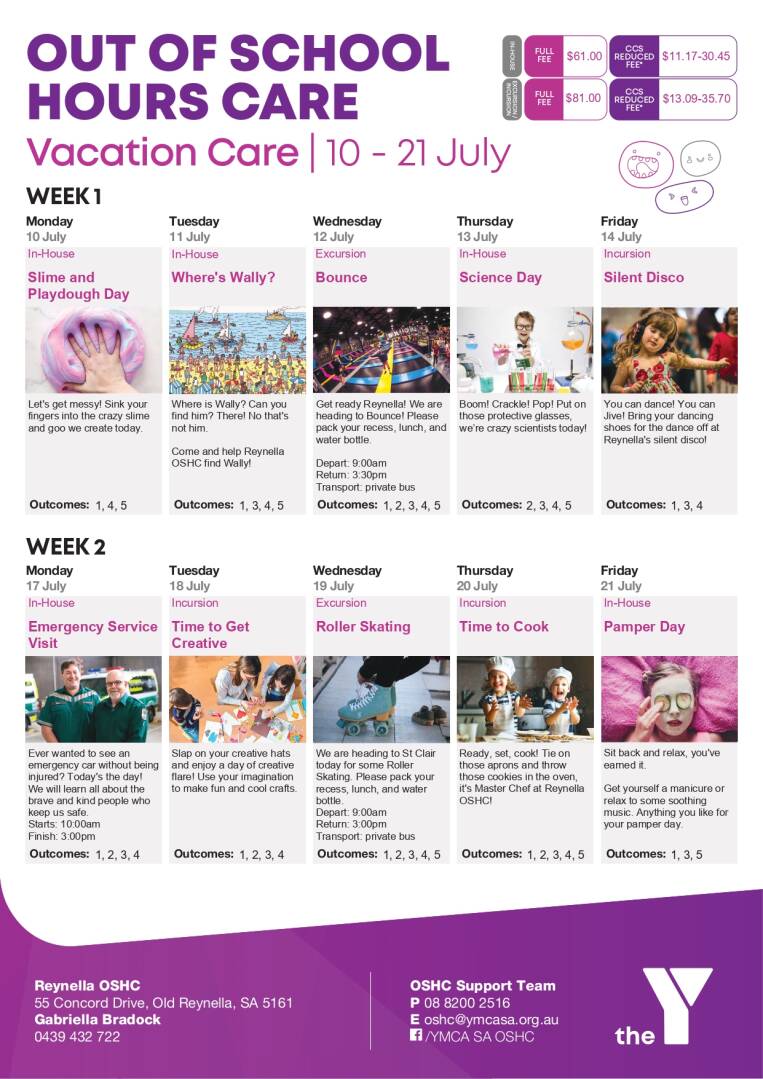In week 3 we held a parent workshop on the Science of Reading; how the brain processes written language and how individuals acquire and develop reading skills. Many thanks must go to Mrs Natalie Sarris for sharing her expansive knowledge on phonemic and phonological awareness as well as members of the Communication Action Team: Isabelle B, Cece S, Naya H, Chloe W and Eliza W who shared their reflections of the changes in our approach.
In the workshop we covered different aspects of Reading:
· Phonemic awareness is the ability to identify and manipulate individual sounds (phonemes) in spoken words. Research has shown that a strong foundation in phonemic awareness is crucial for developing reading and spelling skills.
· Phonics instruction involves teaching the relationship between sounds and letters. Research consistently shows that explicit and systematic phonics instruction leads to improved reading outcomes. By teaching children, the sounds associated with letters and letter combinations, we equip them with the skills needed to decode words accurately.
· Fluency is the ability to read with accuracy, speed, and expression. Fluent readers can effortlessly recognize words and comprehend text.
· Morphology focuses on the smallest meaningful units in language, called morphemes. Morphemes can be individual words or parts of words that carry meaning. Developing morphological awareness involves recognizing and manipulating morphemes within words. Research suggests that students with strong morphological awareness demonstrate better reading comprehension, vocabulary development, and spelling skills. By understanding the meaning and structure of morphemes, students can decipher unfamiliar words and improve overall reading proficiency.
As a school, we are committed to integrating evidence-based reading practices into our curriculum to ensure the best possible outcomes for our students. By understanding the science of reading, we can provide targeted instruction and support to help each child reach their full potential as readers. We encourage you to partner with us in nurturing a love for reading at home. Read together, engage in discussions about books, and provide a literacy-rich environment that fosters a lifelong passion for reading.
“What a fabulous session delivered by the school to help me understand how reading is being taught now across the year levels at RPS, why it is being done this way and the meanings of all the terms the teachers and students are using in the science of reading. Having the students co-deliver the session was eye opening. It showed not only their confidence and capabilities, but their genuine level of engagement and excitement learning about words, their meanings, origins and component parts in different and more detailed ways. This fun way of doing really brings learning to life. All parents/caregivers should come along to this session, it really helps shine a light on such a fundamental part of our children’s schooling.” Selina T
“I wasn't sure if it was really necessary to go to the Science of Reading session, as my kids are in Year 2 and 5. But wow was I glad I did, this session not only talked through how our kids are taught the fundamentals of reading from reception but also how they develop their understanding of vocabulary and fluency well into the older years. I feel so much more equipped to support my kids learning!! I am looking forward to the next session.” Ricki McC
It was a very different start to term 2 for Reynella PS than what we anticipated. Just when we felt that we had a handle on COVID, Influenza A has run rampart through our students and staff; leaving many classes half empty and the school struggling to find relief teachers. Despite that we have soldiered on and are hopefully over the worst of it.
As we all know, maintaining a healthy learning environment is of paramount importance. At Reynella, we understand the challenges faced by working parents when their children are sick. We recognize the importance of supporting both the health and well-being of our students, as well as the needs of our working parents. With that in mind it is crucial to know when to keep you child home from school when they are sick. By doing so, we can prevent the spread of illnesses and ensure the well-being of all students and staff.
Here are some guidelines to help you determine when it is appropriate to keep your child home:
1. Fever: a fever is often a sign of an underlying infection and can be an indicator or contagiousness. Keep your child home if their temperature is 38ᵒC or above. It is essential to keep them home until they are fever free for at least 24 hours without the use of fever reducing medications.
2. Respiratory Infections: Colds, flu and other respiratory infections can easily spread from one person to another. If your child has a persistent cough, excessive nasal discharge, or symptoms such as sneezing and sore throat, it is advisable to keep them home until their symptoms improve.
3. Vomitting and Diarrhoea: Gastrointestinal infections are highly contagious and can spread rapidly among students. If your child has had two or more episodes of vomitting or diarrhoea within a 24-hour period, it is best to keep them home until their symptoms subside.
4. Contagious Illnesses: Certain illnesses are highly contagious and can pose a risk to other students and staff members. Examples include chickenpox, measles, mumps, whooping cough and strep throat. In these cases, it is crucial to keep your child at home until they are not longer contagious, as advised by your healthcare provider.
It is very important to remember that these guidelines are not exhaustive and each situation may require individual consideration. If you are unsure whether your child should stay home or return to school, consult with your local doctor for further guidance.
We appreciate your cooperation in safeguarding the well-being of our school community.










